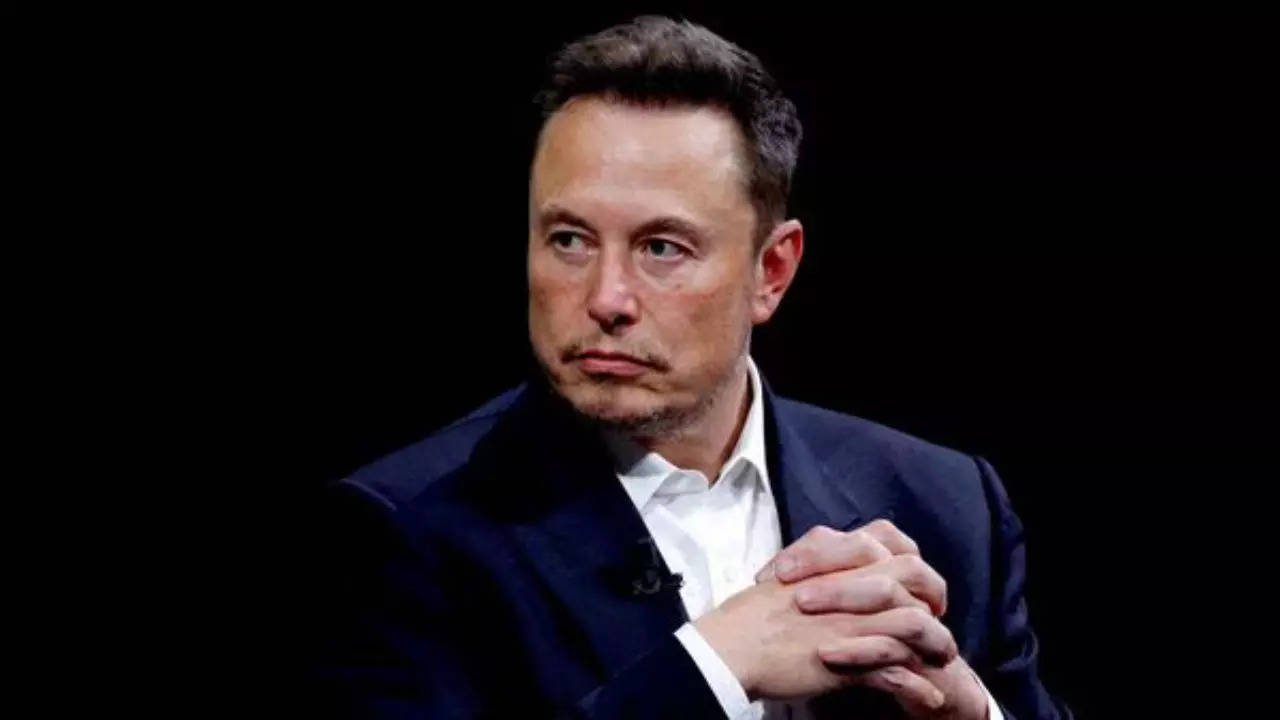Elon Musk warns AI will eventually eliminate all jobs, necessitating a universal high income. He raises concerns about finding meaning in a future dominated by AI and robots providing goods and services.
Elon Musk calls AI his ‘biggest fear’ during a video call at the Viva Tech Event in Paris.
At a recent tech event in Paris, Elon Musk, the CEO of Tesla, made a bold prediction: artificial intelligence (AI) will eventually take over all jobs. Speaking remotely via webcam at the Viva Tech event, Musk said, “Probably none of us will have a job,” envisioning a future where work becomes optional.
Musk explained that in this future, if people want to work, it would be more like a hobby. “But otherwise, AI and robots will provide any goods and services that you want,” he added. This dramatic shift would necessitate a “universal high income” to ensure everyone can access what they need, though Musk did not elaborate much on how this would differ from universal basic income (UBI). UBI is a concept where the government gives everyone a certain amount of money regardless of their earnings.
The idea of AI taking over jobs might sound scary, but Musk believes it could be beneficial. He assured that there would be no shortage of goods or services because of AI’s efficiency. However, he also raised an important question about the emotional fulfillment of people in a jobless future. “The question will really be one of meaning – if the computer and robots can do everything better than you, does your life have meaning?” Musk pondered. He suggested that humans might still have a role in giving AI purpose.
Musk’s remarks are not entirely new. He has previously voiced concerns about the rapid advancement of AI, calling it his “biggest fear.” During his keynote, he referenced the “Culture Book Series” by Ian Banks, which depicts a society run by advanced technology, as a realistic vision of an AI-dominated future.
In addition to his views on AI, Musk also advised parents to limit their children’s use of social media, describing these platforms as being controlled by “dopamine-maximizing AI” designed to keep users hooked.
The impact of AI on jobs is a topic of ongoing debate. While many fear that AI will replace human workers, a recent study by researchers at MIT’s Computer Science and Artificial Intelligence Lab found that workplaces are adopting AI more slowly than expected. The study noted that some jobs thought to be vulnerable to AI automation were not economically beneficial for employers to automate at that time.
Experts believe that jobs requiring high emotional intelligence and human interaction, such as mental health professionals, creatives, and teachers, are less likely to be replaced by AI. This aligns with Musk’s idea that humans might find new ways to create meaning and purpose in an AI-driven world.

